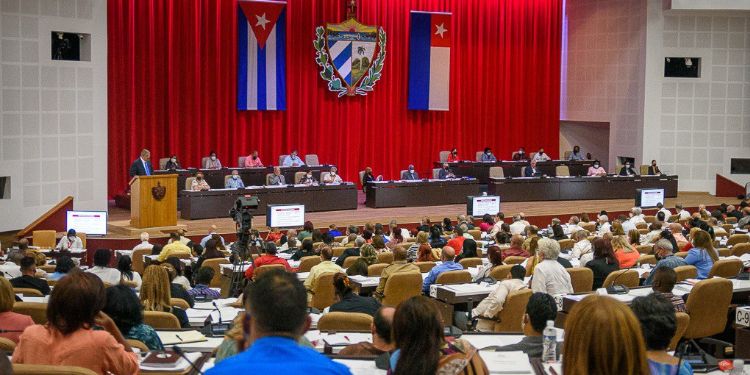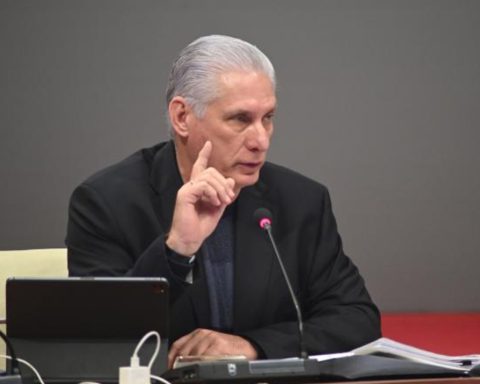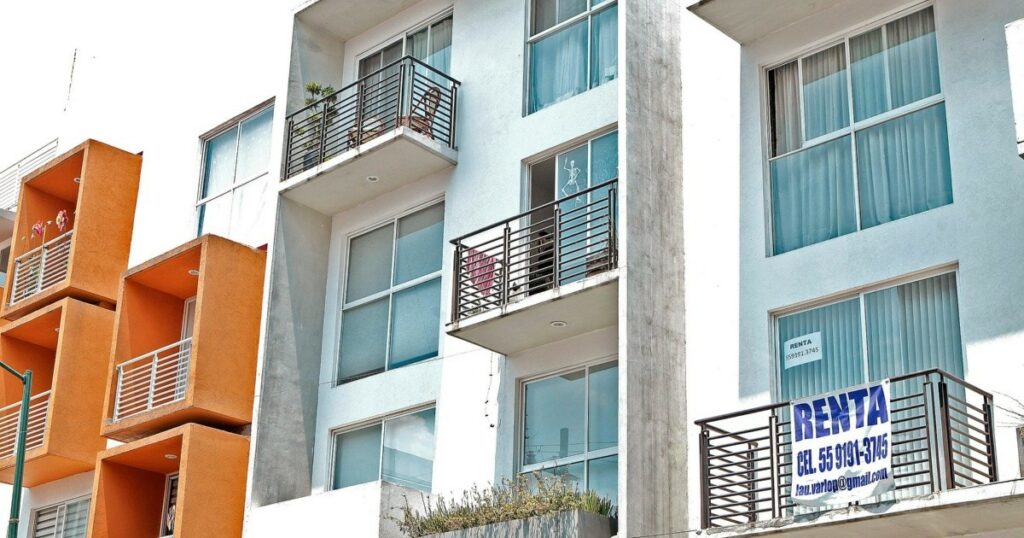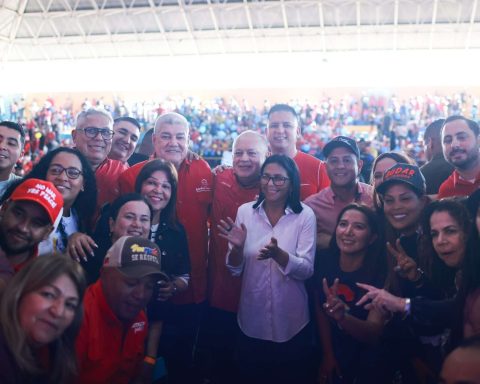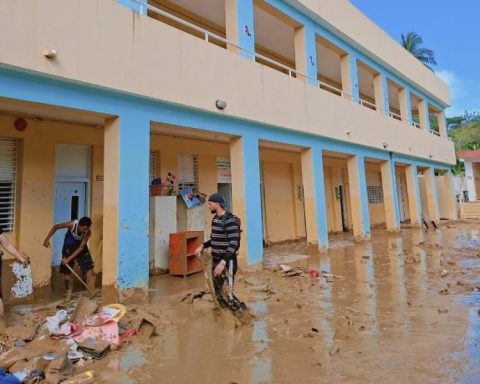CDMX, Mexico. – If we compare the democratic parliaments of Latin America with the Parliament of the Cuban kleptocracy, we see that information transparency and accountability, as well as citizen participation, are practically nil.
The Transparency Index prepared by the Legislative Transparency Network, an organization that monitors Latin American parliaments and has 32 organizations in 15 countries in the area, proposes four basic indicators to assess transparency in the region. These are: Regulations, Work of Congress, Budget and Administrative Management, and Citizen Participation.
The opacity of the Cuban Parliament is evidenced in the absence of public information on its expenses, debates, accountability and the “secret” citizen participation in the control of parliamentary activity.
The sessions of the Cuban Parliament are inaccessible to the population. On the Island, the access of citizens to the public sessions of said body is prohibited. Parliament does not publish the stenographic versions of the debates in the Assembly, and citizens only find out about the existence of the sessions through the selection made by the official press of some moment of the parliamentary session, provided that the regime approves its dissemination.
In each session of Parliament, at least two public ministries render accounts of their work, a task that is processed behind closed doors, without the public being able to know if there was a debate or it was just a conference of the ministers involved.
The rendering of accounts of the ministries are not published on the website of the Cuban Parliament. For example, according to Prensa Latinain the session of the National Assembly convened for December 12, they must render an account of the Council of State, the Comptroller General of the Republic, the Government of the province of Pinar del Río and the Ministry of Communications. However, the accountability reports of the Comptroller General of the Republic, or the Ministry of Communications, do not appear published on the website. Both were on this website on November 24, but were removed.
Now you can only check the State Council Accountability Report, but it does not contain any substantive or specific information about his work. Nor does it make an evaluation of its results. It is a report to misinform that is inscrutable for the population.
Parliament is opaque and closed, inaccessible to the public, who cannot influence deputies or accountability reports. Nor on the laws and decree-laws imposed by Parliament on citizens.
The most recent example is the approval of the new Penal Code, which has been analyzed and rejected by citizens through the independent press and on social networks, the only information sources where Cubans can find out, evaluate and give their opinion on the national reality, although the official Cuban media and the government do not take them into account and demonize them.
Why is the Cuban Parliament dysfunctional?
Since 1976 Parliament has approved unanimously and by show of hands all the laws, measures, accountability and public policies that have culminated in failures for the population. From the “Ordering Task” even agrarian policy, or the call for civil war by the dictator Miguel Díaz-Canel on July 11, 2021, have been supported by Parliament. It is an organization that does not represent the interests of the citizenry, nor does it allow them to be informed and participate in public policies, nor in the conformation of the laws imposed by the Cuban communist kleptocracy and that affect them immediately in their daily lives.
Typical of a totalitarian regime, and copied from the Soviet Stalinist system since 1976, both the Cuban Parliament and the political system are opaque, closed, dysfunctional and highly repressive. Most importantly, the control exercised by the citizenry and the participation of the people in what Parliament approves does not take place despite the fact that the deputies are supposedly representatives of the people and guarantors of their rights.
OPINION ARTICLE
The opinions expressed in this article are the sole responsibility of the person who issues them and do not necessarily represent the opinion of CubaNet.
Receive information from CubaNet on your cell phone through WhatsApp. Send us a message with the word “CUBA” on the phone +525545038831, You can also subscribe to our electronic newsletter by giving click here.
